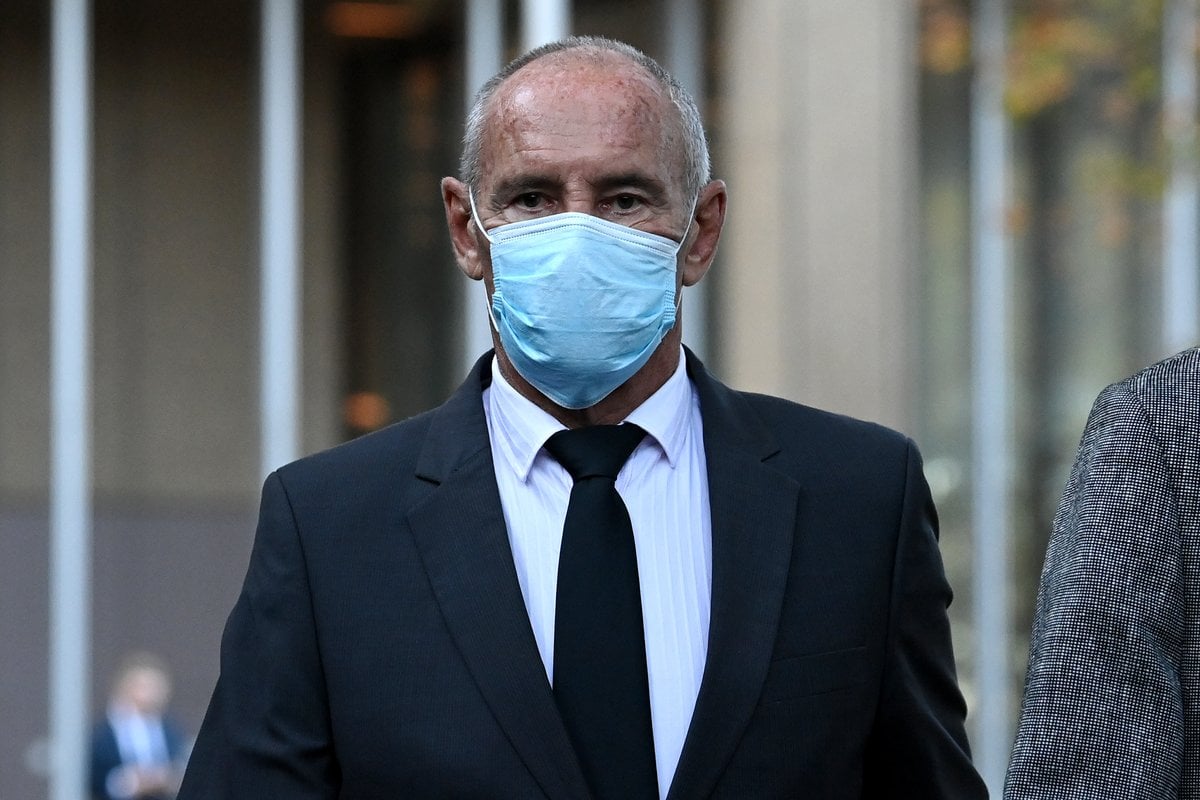
Listen to this story being read by Gemma Bath, here.
Warning: This post details alleged abuse and may be triggering for some readers.
Chris Dawson has been found guilty today of murdering his wife more than four decades ago.
NSW Supreme Court Justice Ian Harrison found Dawson guilty of Lynette Dawson's murder, after considering witness testimony and submissions in Dawson's two-month long trial.
In a marathon ruling that spanned five hours, Justice Harrison said Dawson "lied" about receiving phone calls from Lynette, and he concluded she died on or around January 8, 1982. Justice Harrison said Dawson was "obsessed" with the family babysitter, known as JC, and sought to replace his wife with her.
"I am satisfied beyond reasonable doubt that the only rational inference that the circumstances allow me to draw is that Lynette Dawson died on or about January 8 1982 in a conscious and voluntary act committed by Mr Dawson with the intention of causing her death. You did murder Lynette Dawson. I find you guilty," Justice Harrison said.
The 74-year-old former teacher and rugby league player had pleaded not guilty to the murder of his wife and mother-of-two, who vanished from the couple's Bayview home in Sydney in January 1982.
After the verdict was read out, Dawson was taken into custody. His lawyer, Greg Walsh, has raised the prospect of a bail application ahead of a sentencing date.
